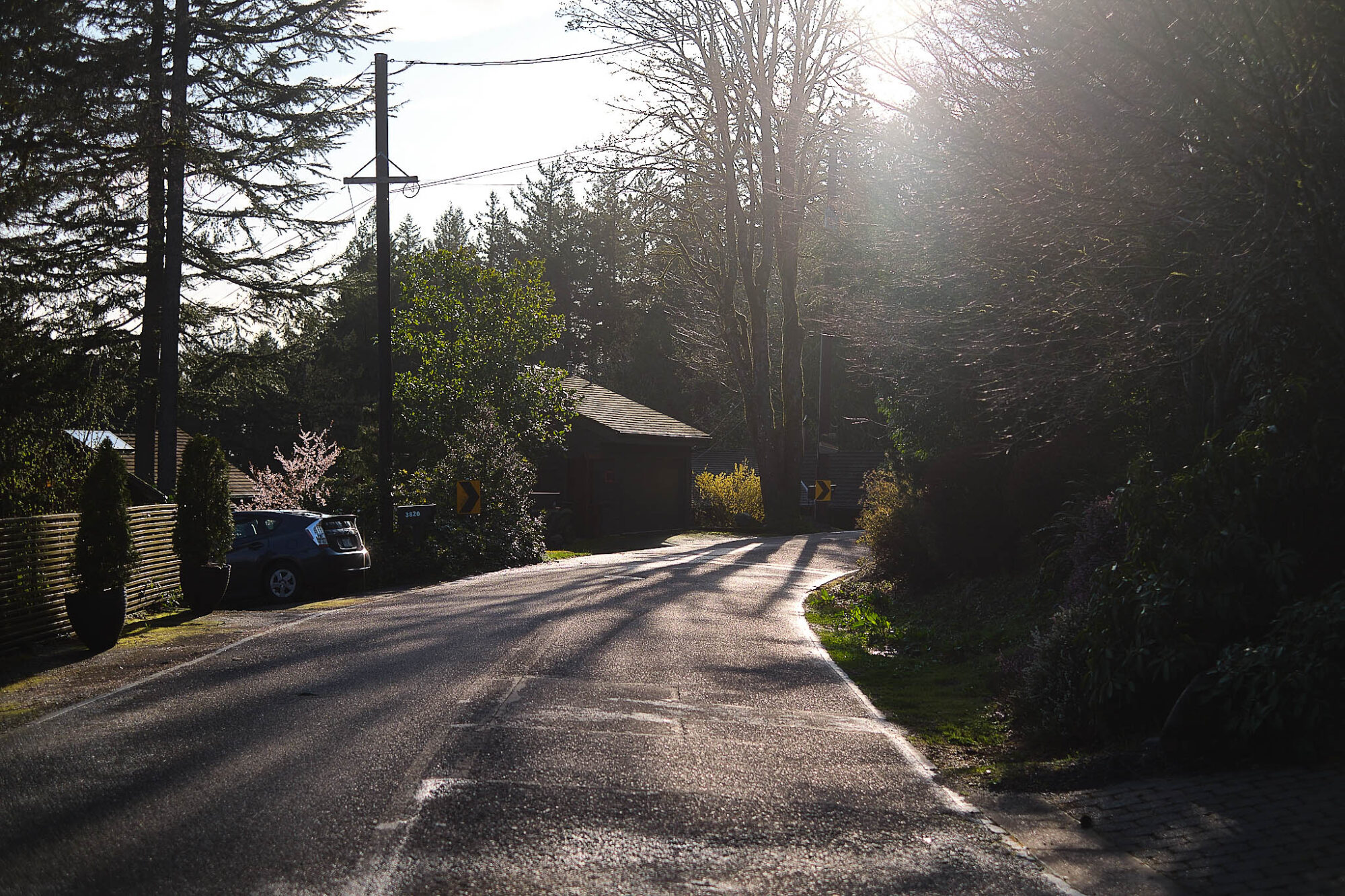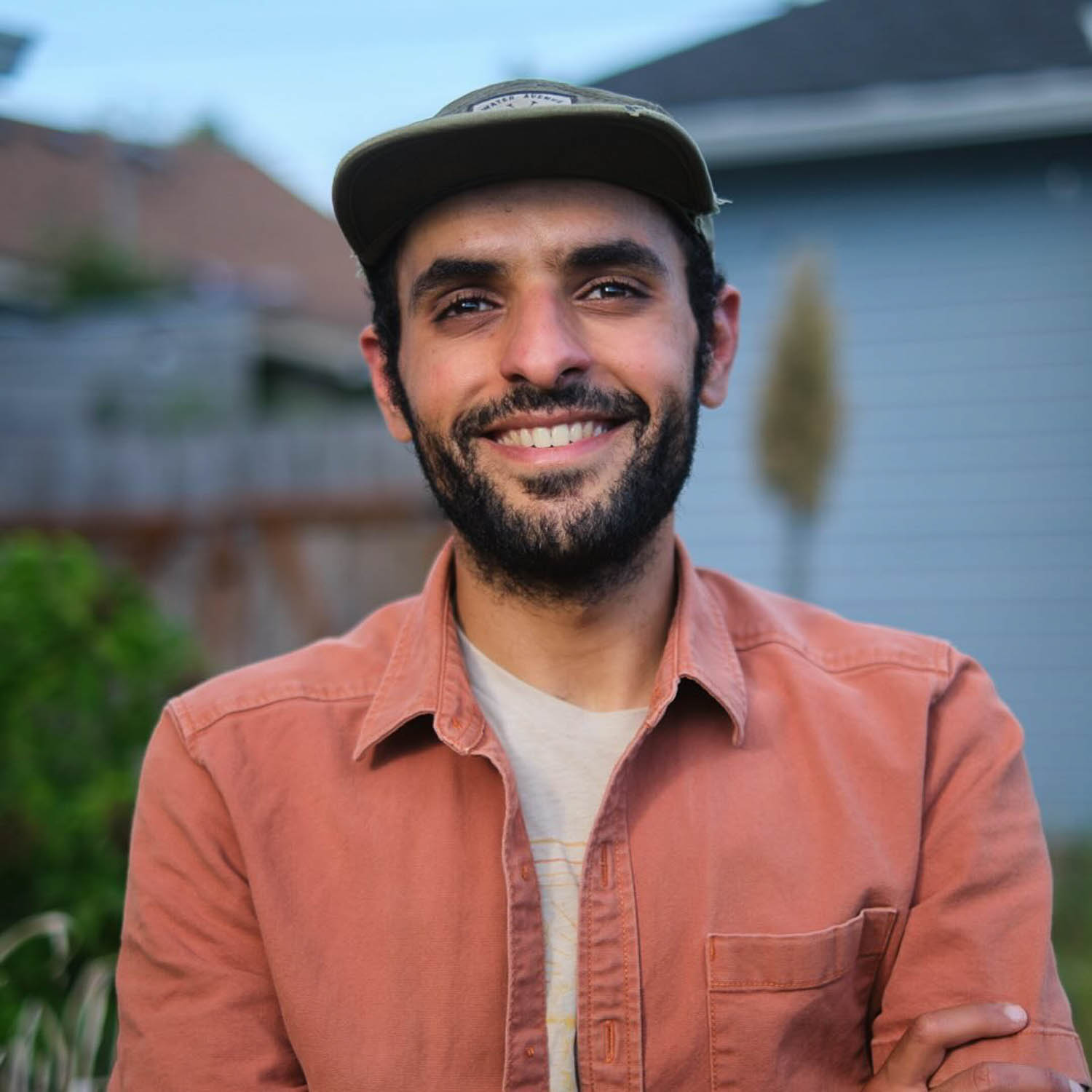The Fasted 500 is an annual cycling challenge encouraging Muslims to keep active during the month of Ramadan by pledging to ride 500 kilometers. Having successfully completed the 2025 edition, Abe Alkhamees reflects on the experience and shares some broader lessons he’s learned from Ramadan. Read it here…
With Ramadan behind me, I wanted to take a moment to reflect on one of the most meaningful times of the year. Ramadan is a month that holds a special place in my heart, not just for its spiritual significance but for the personal challenges it brings and ones I always look forward to. During Ramadan, Muslims worldwide are reminded of the strength of self-discipline, devotion, and blessings they have, and remember and support those who don’t. These values were exemplified early on in Islam.

One powerful example is the Prophet Muhammad (peace be upon him) and his dedication to prayer. Despite the physical challenges of fasting, he would spend long nights in prayer, especially during the last 10 nights of Ramadan, as described in the Hadith: “The Prophet PBUH would stand (in prayer) so long that the skin of his feet would crack. Aisha (RA) asked him, ‘Why do you do this, O Messenger of Allah, when your past and future sins have been forgiven?’ He replied, ‘Should I not be a thankful servant?’” (Sahih Bukhari).
I took on the Fasted 500 challenge this Ramadan, pushing myself spiritually, mentally, and physically. It wasn’t just about riding bikes during a fast; it was about testing my limits, learning from the struggle, and connecting with others who shared the journey. Did I mention that they have a sweet patch to commemorate the event?!

What is Ramadan?
Ramadan is the ninth month of the Islamic lunar calendar and the holiest month in Islam. It is when the Qur’an was first revealed; it is also a time of fasting, prayer, reflection, and community for Muslims around the world. During Ramadan, Muslims fast from sunrise to sunset, abstaining from food, drink, and other physical needs as an act of worship and self-discipline. The fast is broken each evening with Iftar, a meal that traditionally begins with dates and water and is followed by a larger meal.
Fasting during Ramadan is one of the Five Pillars of Islam, which are the core beliefs and practices of the faith. It is a time for spiritual growth, increased devotion, and generosity. Many Muslims also spend extra time in prayer, reciting the Qur’an, and engaging in charitable activities. The month concludes with Eid al-Fitr, a festive holiday that marks the end of fasting and is celebrated with communal prayers, feasts, and giving to those in need. Ramadan is not just about abstaining from food. It’s about self-control, gratitude, and strengthening one’s faith. It’s a time for Muslims to deepen their connection with God, practice kindness, and reflect on what truly matters.
The inspiration behind this started years ago when I wanted to remain active during Ramadan, especially when I crossed the line from the casual rider to the almost daily rider; I had to keep the body moving for the soul and for the mind, and quite honestly, to burn all the pasta I eat year round. I hadn’t heard of Fasted 500 at that point, circa 2021. Still, after searching the web for the dos and don’ts of fasted training, I found an article about Fasted 500. I suddenly saw a great challenge and a community that understands each other’s struggles and ambitions.
The Fasted 500 is a cycling challenge in which participants ride 500 kilometers while fasting during Ramadan. It’s a spin on the popular Rapha Festive 500 but with an extra layer of difficulty: no food or water from sunrise to sunset. It’s a test of endurance, discipline, and faith, pushing riders to balance their passion for cycling with the demands of fasting. Although the original challenge was kilometer-based, I turned it into miles to challenge myself even more.

The challenge occurs throughout the month, requiring careful planning to manage energy levels, hydration (outside fasting hours), and recovery. Pre-dawn meals (Suhoor) become essential, fueling the body for long hours ahead and on the bike, while post-sunset meals (Iftar) focus on replenishing glycogen stores and hydration. Many riders turn to carb-rich foods like pasta, dates, and plenty of water to sustain their efforts, and no, I didn’t forget the Sambosa or Lentil Soup, the essentials of Ramadan!
The Fasted 500 isn’t just about the miles. It’s about resilience, patience, and riding with purpose. Every pedal stroke is a testament to the power of discipline, proving that endurance isn’t just physical but profoundly mental and spiritual. Looking back on the past month, I never questioned why I was doing it; I knew this was a chance to push myself in every way. Some days felt smooth as if my body had fully adapted to the rhythm of fasting and riding. Other days tested my patience and endurance, forcing me to dig deeper. But the lessons became clearer with every ride, climb, and empty-stomach push to sunset. This challenge was about what thoe miles taught me.
Here are some of the lessons I always relearn during Ramadan:
Discipline Over Motivation
Some days, I felt ready to ride. Others, I could barely keep my eyes open while forcing down Suhoor. But motivation didn’t matter; what mattered was getting on the bike and putting in the miles, even though all my rides were in the afternoon. There was no waiting for the perfect moment, no excuses for being too tired or too hungry. Ramadan strips everything down to the essentials, and so does riding while fasting. It’s just you, your willpower, and the road ahead. The more I rode, the more I realized that discipline gets you through the hard days, and the hard days make you stronger.

The Mind Is Stronger Than the Body
There were moments, especially in the late afternoons, when fatigue hit hard, and my legs felt drained. No water, no fuel, just sheer stubbornness keeping the pedals turning. But the body doesn’t quit first—the mind does. Initially, I felt slightly hungry, but after about 10 days, my body adapted. I rode almost as if I wasn’t fasting, with an energy level nearly the same as my usual rides. Sure, there were days when I felt tired, but that fatigue was a reminder of the challenge I had embraced. Hunger and exhaustion were temporary; resilience, however, lasted much longer.
Patience and Adaptability Are Everything
Fasting during Ramadan isn’t just a physical test—it’s spiritual, mental, and emotional. There were days when my energy was low, and I couldn’t ride like I normally would. But I quickly realized that being patient with my body was crucial. Some days, I needed to take it easy and save energy for later. On other days, I pushed through despite the hunger and fatigue, knowing the relief would come at sunset. It wasn’t about always riding hard—it was about understanding my limits, adapting to how I felt each day, and knowing when to ease up and when to push. Cycling, fasting, and life all require that balance of patience and adaptability—learning when to let go and when to dig deep.
Community Makes the Hard Things Easier
Even though I spent hours riding alone, I was never really alone. Others were out there on different roads in different countries, riding the same miles and feeling the same hunger. Some I knew personally, others I only knew through stories and social media, but the connection was real. We were all in this together—fighting the same battles, chasing the same goal. That’s the power of shared struggle. It reminded me that the hardest things can be made easier when we support each other, and knowing others are pushing through alongside you can motivate me to keep moving forward.

Looking back on the Fasted 500, I see it not only as a personal achievement but also as a reminder of what can be accomplished when we align our physical efforts with a greater purpose. Every ride, every challenge, and every moment of fatigue became a stepping stone toward something bigger than just completing a distance. Through discipline, patience, resilience, and the power of community, I discovered that the greatest strength comes from within—and that with the right mindset, even the hardest journeys can lead to the most rewarding experiences.
Eid Mubarak, everyone. May we get to observe next Ramadan inshallah.
Stats:
Mileage: 554 miles (886 kilometers)
Elevation: 45,875 feet (13,983 meters)
Rides: 24 (in 29 days)
Weather: Lots of rain, a bit of sunshine
Vibes: Halal all the way
Pasta: Plenty
Dates: About three pounds
Further Reading
Make sure to dig into these related articles for more info…
Please keep the conversation civil, constructive, and inclusive, or your comment will be removed.



